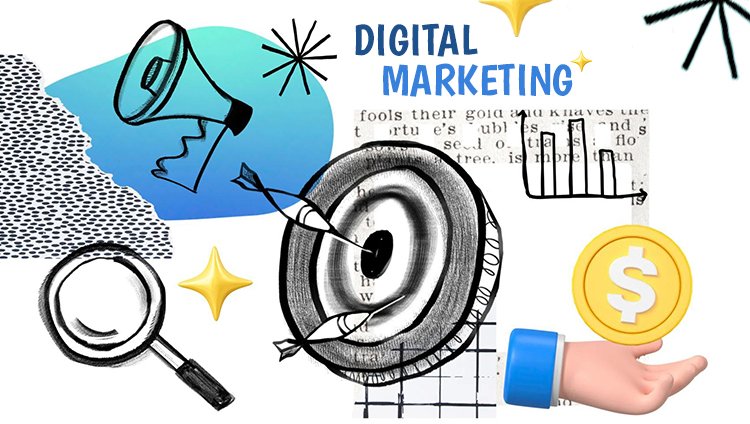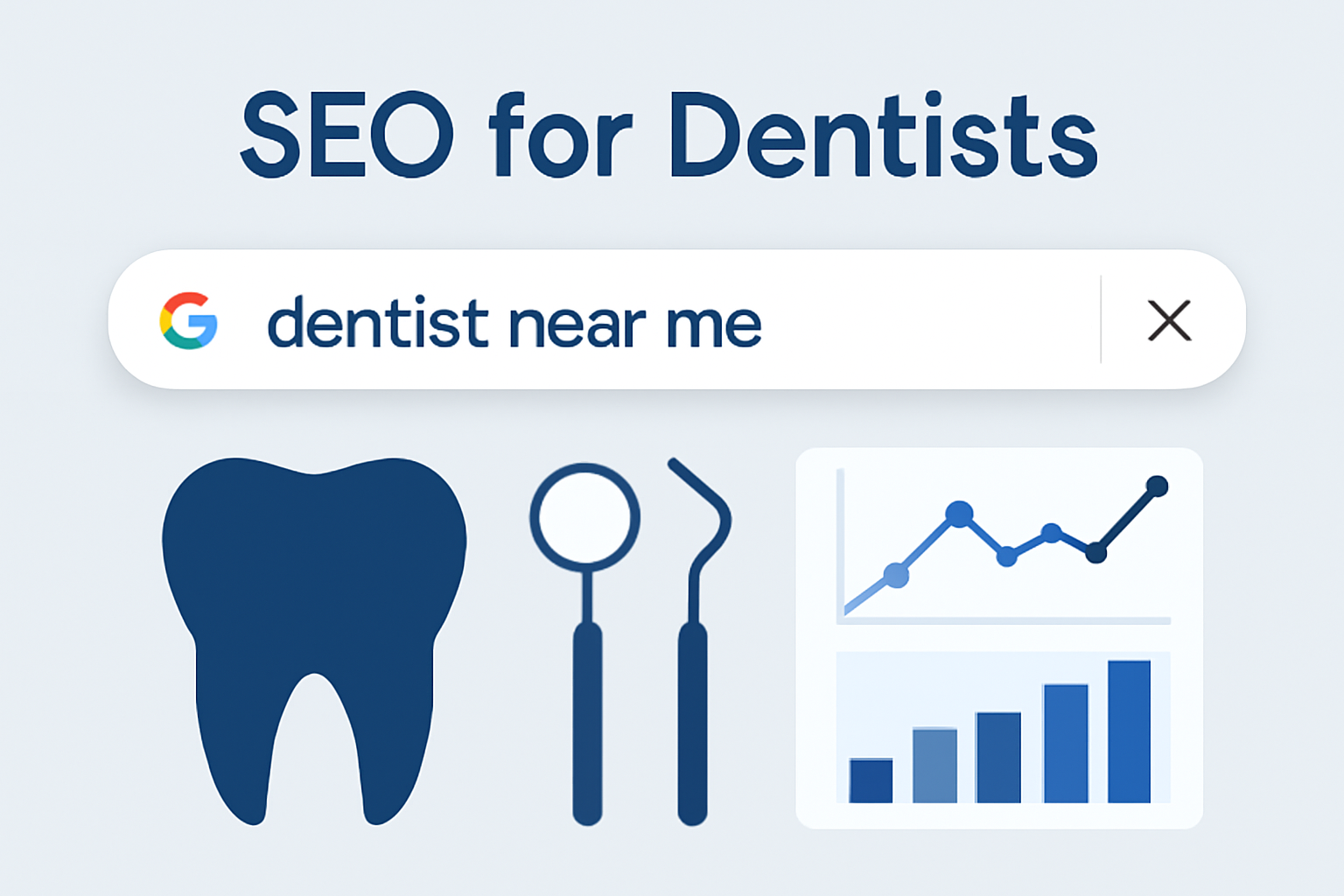Hashtags are essential to social media marketing, helping businesses amplify their reach, connect with their target audience, and improve content discoverability. However, finding the best hashtags for your business requires research, strategy, and a clear understanding of your audience. Here’s a comprehensive guide to help you identify and leverage the most effective hashtags for your business.
1. Understand the Purpose of Hashtags
Hashtags categorize content and make it discoverable to users searching for specific topics. When used correctly, they can:
- Increase the visibility of your posts.
- Attract a larger audience.
- Build engagement with relevant communities.
For small businesses, hashtags serve as a bridge to connect with potential customers, share brand stories, and grow organically. They are particularly useful for creating a sense of community and establishing authority in your niche.
2. Research Industry-Specific Hashtags
Start by identifying hashtags commonly used in your industry. These hashtags help you connect with an audience already interested in your niche. Here’s how to research them:
- Analyze competitors’ posts to identify hashtags they use.
- Follow industry leaders and influencers for inspiration.
- Use social media platforms’ search features to find trending hashtags.
For instance, if you run a fitness business, hashtags like #FitnessTips, #WorkoutMotivation, or #HealthyLifestyle might be relevant. Tailoring your hashtags to your industry ensures that you attract users who are more likely to engage with your content.
3. Use Hashtag Research Tools
Several online tools can help you discover relevant hashtags:
- Hashtagify: Analyze hashtag popularity and related tags.
- RiteTag: Get real-time suggestions for hashtags based on your content.
- Keyhole: Track hashtag performance and usage trends.
These tools provide insights into the reach and engagement potential of various hashtags, helping you make informed decisions.
4. Balance Between Popular and Niche Hashtags
While popular hashtags can expose your content to a large audience, they often face high competition. On the other hand, niche hashtags cater to a more targeted audience with less competition. Strike a balance by:
- Including a mix of high-traffic and niche hashtags.
- Using branded hashtags unique to your business.
- Avoiding overly generic hashtags that might bury your content.
For example, a small bakery could use popular hashtags like #Baking and #Desserts alongside niche ones like #HomemadeCupcakes or #LocalBakery.
5. Tailor Hashtags for Each Platform
Different social media platforms have unique hashtag practices:
- Instagram: Use up to 30 hashtags per post; include hashtags in captions or comments.
- Twitter: Focus on 1-2 highly relevant hashtags due to character limits.
- LinkedIn: Use 3-5 professional and industry-specific hashtags.
- TikTok: Use trending and creative hashtags to increase discoverability.
Understanding platform-specific nuances ensures that your hashtags are used effectively without overwhelming your audience.
6. Monitor Hashtag Performance
Track how well your hashtags are performing to refine your strategy. Metrics to monitor include:
- Post reach and impressions.
- Engagement rates (likes, comments, shares).
- Follower growth attributed to hashtag use.
Regularly analyzing performance helps you identify what works and optimize future campaigns for better results.
7. Create and Promote Branded Hashtags
Branded hashtags are unique to your business and help build brand identity. They can be used for:
- Campaigns and promotions.
- Encouraging user-generated content.
- Driving brand loyalty and community engagement.
For example, a clothing brand could use a hashtag like #StyleWith[BrandName] to encourage customers to share photos of their outfits.
8. Stay Updated with Trends
Social media trends evolve rapidly, and so do popular hashtags. Stay current by:
- Following trending hashtags on platforms like Twitter and Instagram.
- Participating in relevant trending challenges or conversations.
- Updating your hashtag strategy regularly.
Staying on top of trends helps your content remain relevant and engaging, allowing you to capitalize on what’s popular.
9. Avoid Overusing Hashtags
While hashtags are effective, overloading your posts with irrelevant or excessive hashtags can appear spammy. Focus on quality over quantity to maintain professionalism and relevance. Use only the most impactful hashtags that align with your post’s message.
10. Test and Optimize
Experiment with different hashtags to determine what works best for your business. A/B test hashtags by:
- Using different sets of hashtags on similar posts.
- Comparing the performance of posts with varying hashtag strategies.
This trial-and-error approach ensures that your hashtag strategy evolves to meet the changing preferences of your audience.
Conclusion
Hashtags are a powerful tool to boost your social media marketing efforts, but success lies in using them strategically. By researching, testing, and refining your approach, you can discover the best hashtags to enhance your business’s online presence and engage with your target audience effectively. Start exploring the world of hashtags today and watch your social media reach grow!
Whether you’re a seasoned marketer or just starting out, understanding the art of hashtag use can transform your social media strategy, driving meaningful engagement and measurable growth for your business.
Source – https://techners.net/
















Leave a Reply